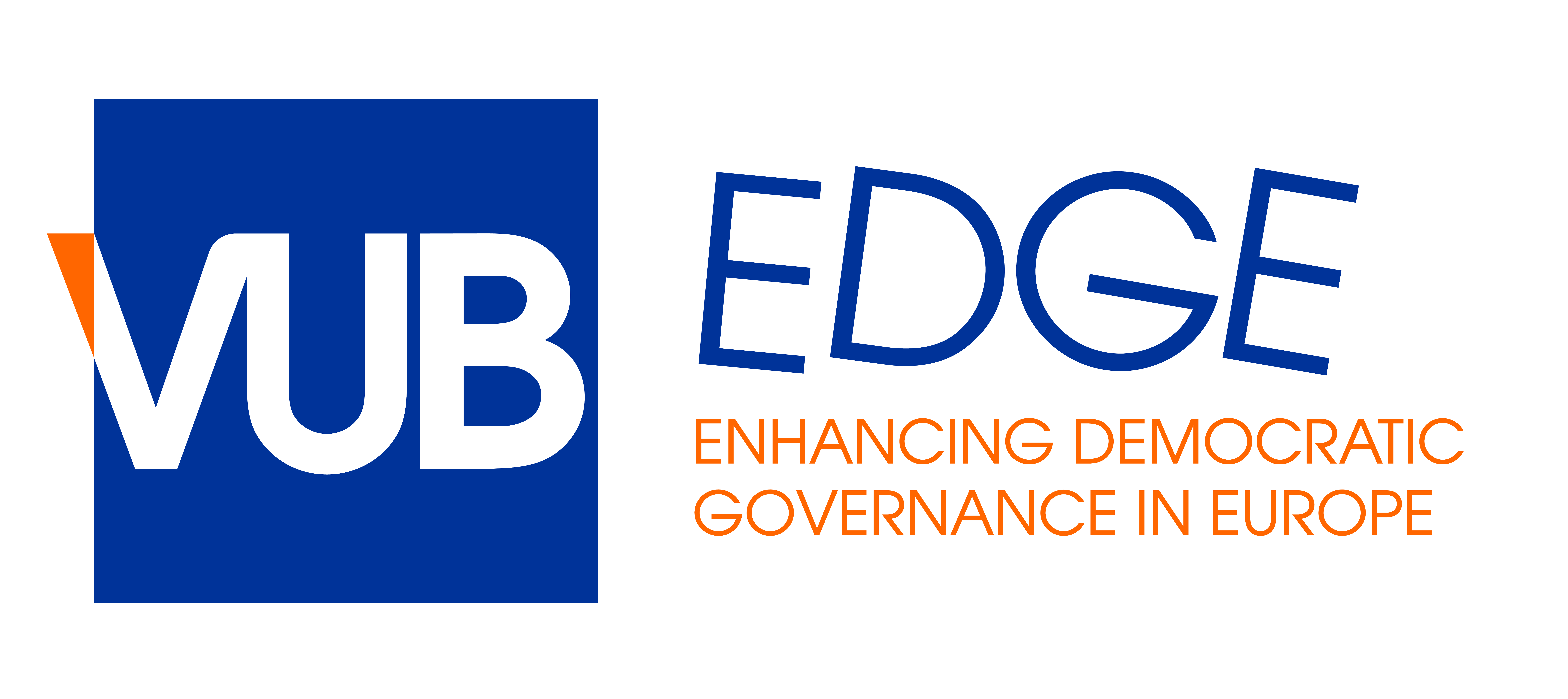WP2 Enhancing Representative Relationships re-thinks and re-designs representative relationships between citizens and the central actors and institutions of representative democracy. Its innovation lies in bringing new answers to an ‘old’ problem that many political scientists, activists and practitioners are concerned with: the crisis of representative democracy and the worryingly troubled relationships between citizens and electoral politics. Increasingly, political parties, elected representatives and representative assemblies are passionately critiqued for not acting in accordance with core democratic values (accusations of self-interest and corruption), for their elitism (their socioeconomic and cultural distance from ordinary people) and overall failure to establish an affective bondwith citizens. These critiques have, also with the aid of social media, translated into a surge of activism-oftentimes focused on inequalities and climate change-through which citizens express both their discontent about representative democracy and aspirations for a revival thereof. This WP investigates what may be learned from contemporary activism for innovating and enhancing representative relationships in European democracies. The WP unpacks how citizens evaluate the performances ofthose who claim to speak on their behalf, analyses the representative claims and performative attributes of citizen-led protests, and builds bridges between scholarship on political representation, political affectand performance studies. It takes risks by going against the tide of seeking solutions in participatory and deliberative innovations rather than in innovating formal representative relationships – a risk it isconfident to take given the team’s expertise and the demand for ways to strengthen representative relationships observed both within formal political and civil society actors and institutions.
